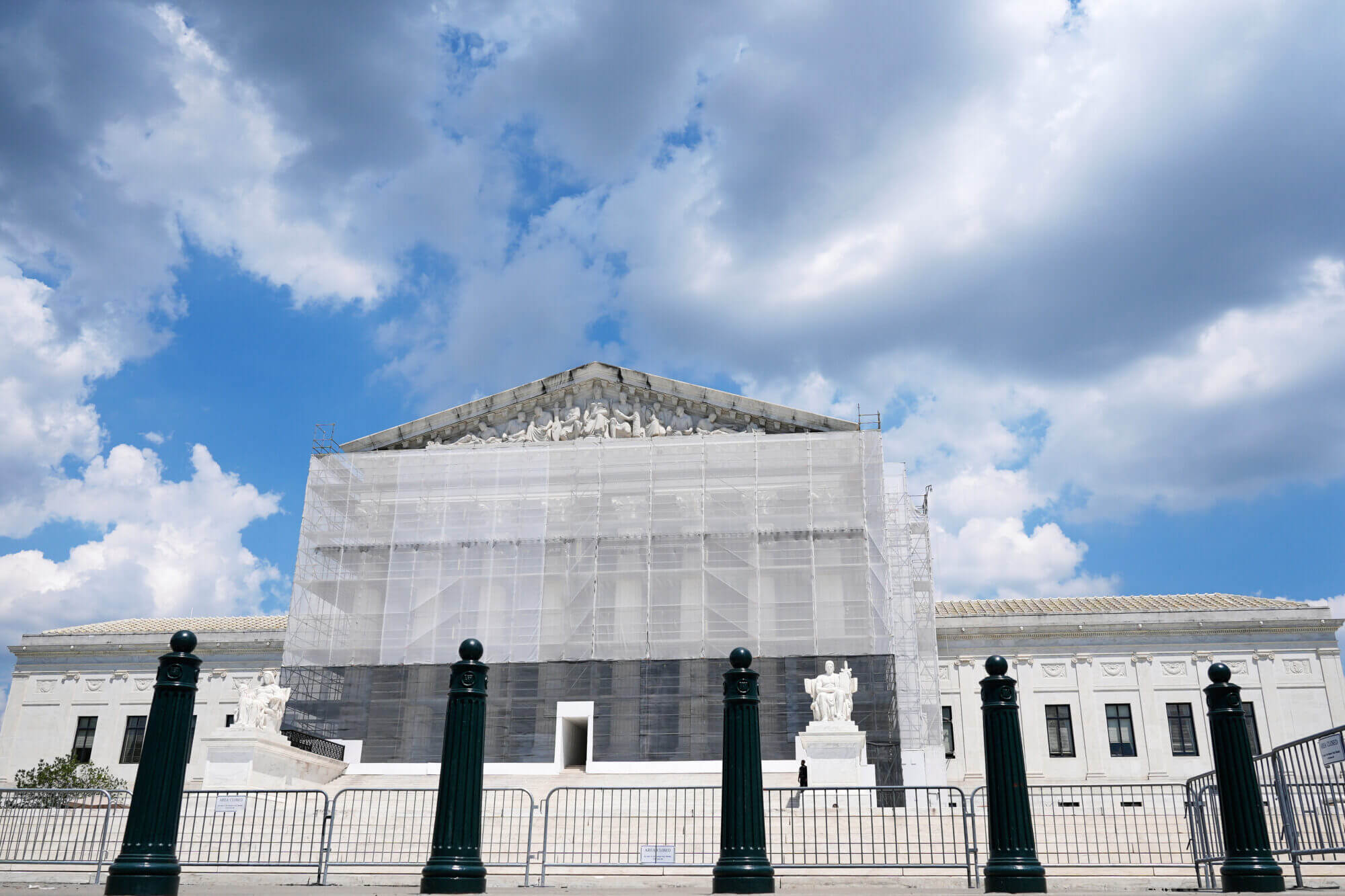

Technology trade group NetChoice is asking the U.S. Supreme Court stop Mississippi from enforcing a law that requires age verification for users of social media.
The group filed an emergency application Monday, days after the 5th U.S. Circuit Court of Appeals said the Mississippi law could take effect. While NetChoice has sued other states over age-verification laws, the Mississippi case is the first to reach the nation’s high court.
NetChoice argues that Mississippi’s law violates privacy and constitutionally protected speech, while state officials who support the law say it aims to protect children from harm online.
“Social media is the modern printing press — it allows all Americans to share their thoughts and perspectives,” Paul Taske, co-director of the NetChoice Litigation Center, said in a press release Monday. “And, until now, Mississippians could do the same free from government interference.”
In April 2024, Republican Gov. Tate Reeves signed the Walker Montgomery Protecting Children Online Act, which unanimously passed the Legislature and was named for a teenager who took his own life after sextortion online.
The law says a minor must have permission of a parent or guardian to have a social media account and requires digital service providers to make “commercially reasonable efforts” to verify users’ ages. It also says social media companies could not collect, sell or share minors’ personal information and tech companies must have strategies to prevent minors from accessing “harmful material.”
NetChoice members include Google, Snapchat, Instagram, Facebook and X. The group sued Mississippi in June 2024 to try to prevent the law from taking effect, arguing that families, not the state, should determine how children interact with social media.
A federal judge issued a preliminary injunction in July 2024 to prevent Mississippi’s law from taking effect. Last week, the New Orleans-based appeals court granted the state’s request to lift that injunction.
In papers filed with the appeals court, Mississippi Attorney General Lynn Fitch, a Republican, argued that the law “imposes modest duties on the interactive online platforms that are especially attractive to predators.”
- State Supreme Court considers reviving former Gov. Phil Bryant’s lawsuit against Mississippi Today over welfare scandal coverage - February 18, 2026
- Winter storm update: Mississippi still waiting on fed declaration for individual assistance, lawmakers crafting plan to fund recovery - February 18, 2026
- Shy of special session, Mississippi school choice appears dead - February 18, 2026